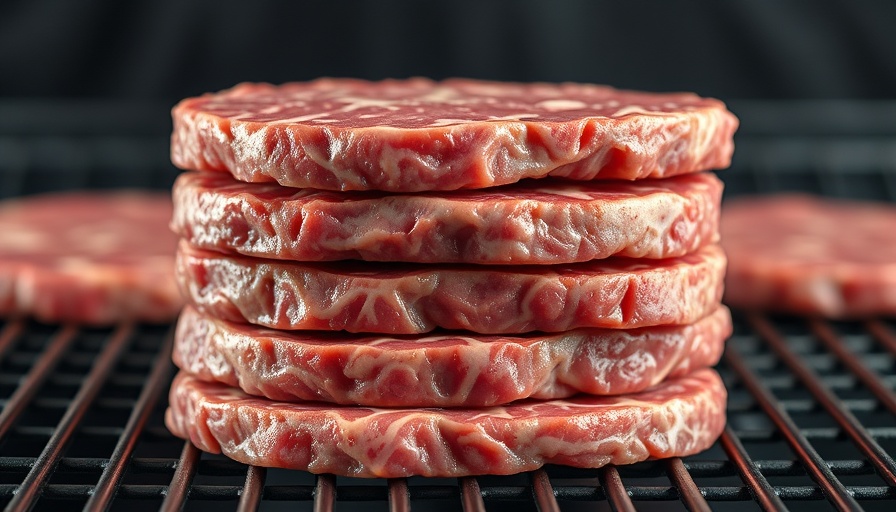
The Complex Relationship Between Heme Iron and Cancer
The conversation about heme iron, found primarily in animal products, and its potential link to cancer is gaining traction, especially in a society increasingly leaning toward plant-based diets. While the taste-enhancing heme in meat is a key attraction, recent discussions raise the question: can it also be detrimental to our health?
Understanding Heme Iron's Role
Heme iron is the form of iron present in hemoglobin, aiding oxygen transport in our bodies. It’s abundant in red and processed meats, which are extensively studied for their carcinogenic properties. Organizations like the International Agency for Research on Cancer (IARC) provide solid evidence that compounds produced during the cooking of red meat can damage DNA, thus promoting cancer growth.
Laboratory Models vs. Human Consumption
Laboratory studies present alarming findings about heme iron's potential risks. These studies often expose rodents to heme levels equivalent to humans consuming extremely excessive amounts of meat—about 40,000 pounds a day! Such scenarios do not accurately reflect human diets. A critical understanding emerges: while high saturated fat and advanced glycation end-products in cooked meat are concerning, the translation of these findings to human consumption requires cautious interpretation.
Balancing Dietary Choices
Despite the risks, experts remain divided about heme iron's role in colon cancer risk. Some organizations suggest there is limited evidence linking standard dietary amounts of heme iron to increased cancer risks. This calls for balanced discussions about what we eat—integrating moderate meat consumption with nutrient-rich plant foods can bolster health without heavy reliance on any single food group.
Cultural Perspectives on Eating Habits
Culture plays a significant role in shaping dietary choices. Meat is often central to traditions and celebrations. Understanding food’s emotional and social components is crucial. Connections to our food should embody health-conscious awareness, welcoming plant-based alternatives while acknowledging beloved traditions.
To promote better health, individuals must make informed choices regarding their diets. Exploring how modern science relates to human food choices encourages everyone to reevaluate how much meat we consume and our alternatives. The balance can empower us toward healthier, more resilient lifestyles.
 Add Row
Add Row  Add
Add 




Write A Comment